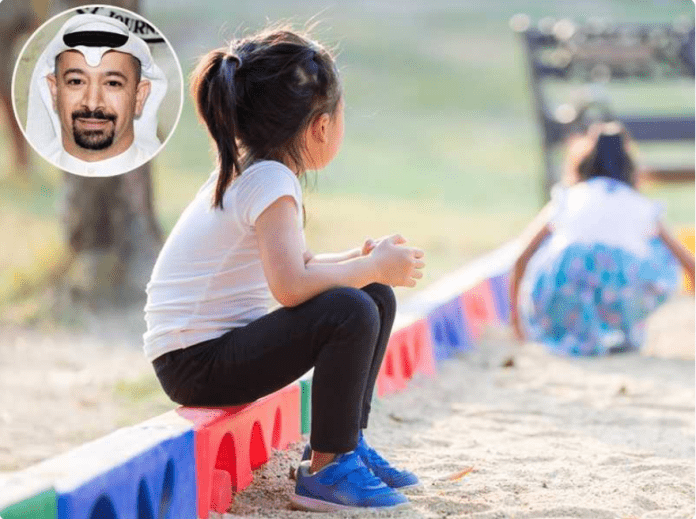Kuwait will discuss its sixth periodic report on the rights of the child with the UN Committee on the Rights of the Child experts on Sept 14 and 15 in Geneva, Switzerland.
Human rights activist Adel Al-Qallaf told a local Arabic daily that the committee concerned with preparing reports for the State of Kuwait before the international bodies related to human rights, which includes all government agencies, contributed to the preparation of the government report, pointing out that the Kuwaiti delegation will present, through an interactive dialogue, the steps taken by the state in implementing the Committee’s previous concluding observations on the rights of the child in Kuwait.
Regarding the highlights of the Kuwaiti delegation’s report, Al-Qallaf said the achievements made by Kuwait during the last five years will be presented, such as the adoption of the Child Rights Law No. 12-2015, and the issuance of the Minister of Interior Decision No. 645-2015 establishing the Child Protection Department to receive communications from child protection teams, hospitals, carrying out a preliminary investigation, and then referring them to the competent authorities to complete the investigation, if necessary.
He referred to the measures taken by the Ministry of Health to protect children, such as the “child protection” teams, to contribute to the speedy decision-making in such cases and the rapid intervention to secure the safety of the child and protect him from further violence.
He pointed out that Kuwait ranked fifth, compared to other Gulf countries, in its willingness to implement the program to prevent child abuse and the Ministry of Health monitored cases of child abuse in terms of gender and age from 2010 to 2017, 469 cases of “child abuse” were monitored in all governorates during 2017, according to the report.
According to the report, Kuwait does not witness the phenomenon of street children, given the economic prosperity and decent standard of living for citizens and residents, in addition to the fact that laws prevent the employment of those under 18 years old.
Kuwait also launched a self-judicial initiative to activate the principle of restorative justice in crimes and traffic violations committed by juveniles. The initiative has proven successful, as reconciliation was applied to 502 cases from the beginning of 2018 until the end of the third quarter.
The report alluded to Kuwait’s adoption of policies and programs aimed at protecting and caring for children, as well as specialized laws for people with special needs, juveniles and the elderly. It has approved legislation and some mechanisms and programs for this purpose.
He pointed out that the children of illegal residents (bedoun) enjoy educational care through the Charitable Fund for Education bearing their expenses in all their educational levels from primary to secondary, and allocating 6.5 million dinars during the 2017-2018 academic year, and the state also provides financial support for children of this category not covered by previous decisions and cover direct school expenses through the charitable fund, which was established in 2003 and is supervised by the Special Education Department in the Ministry of Education, and their numbers exceeded 15 thousand students.

















